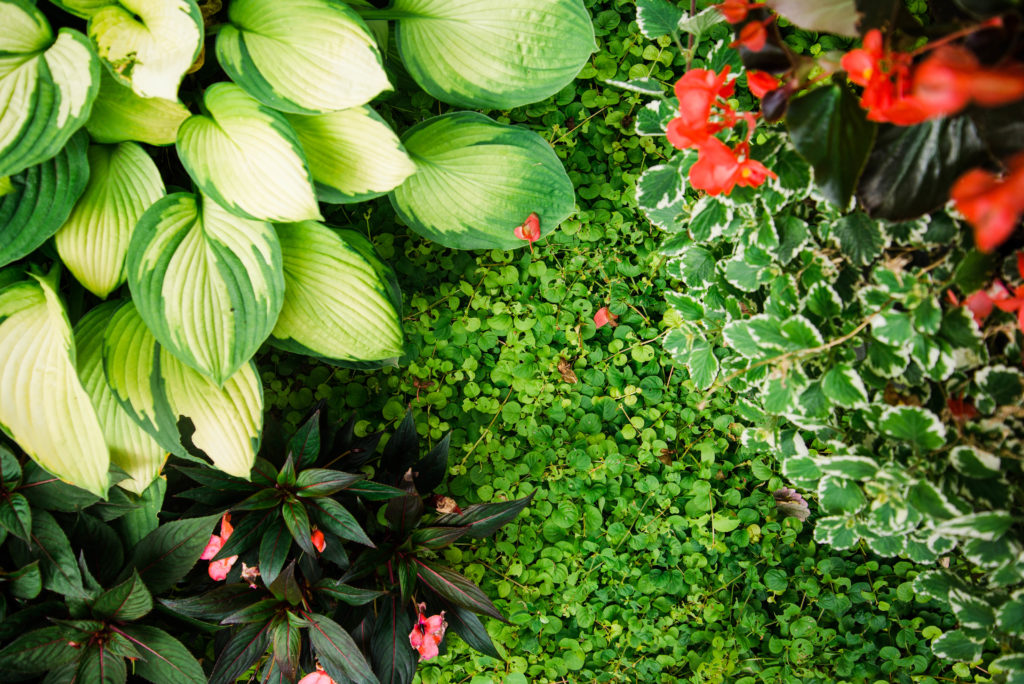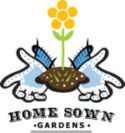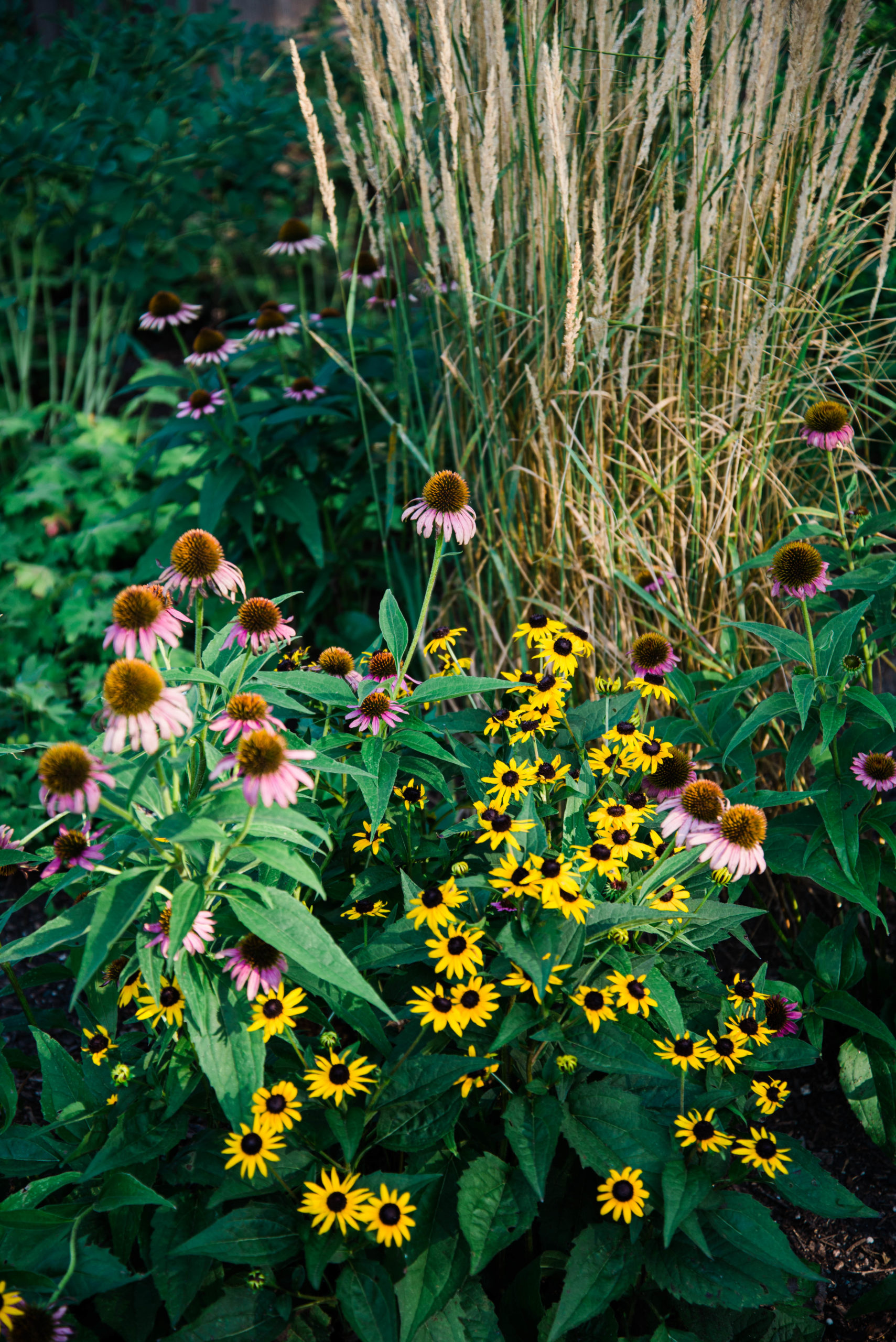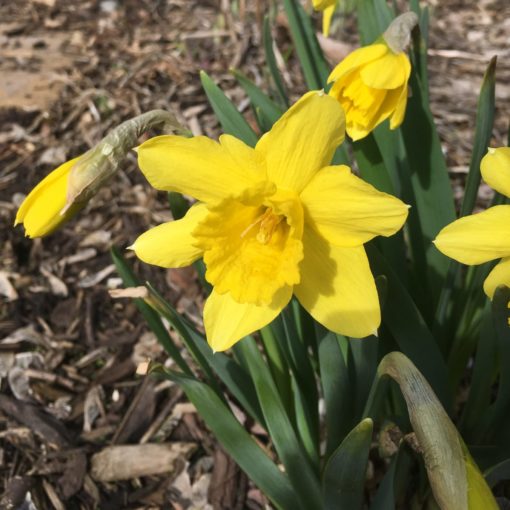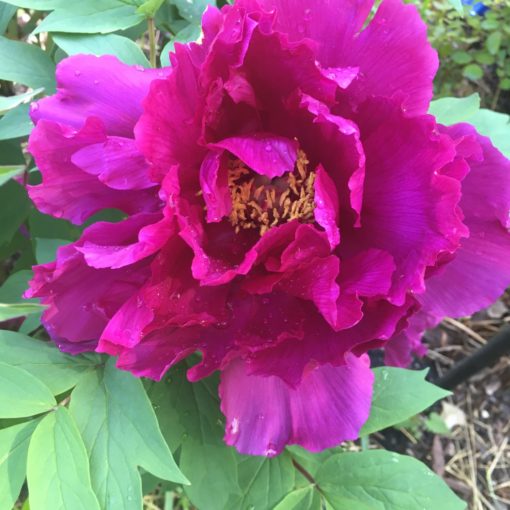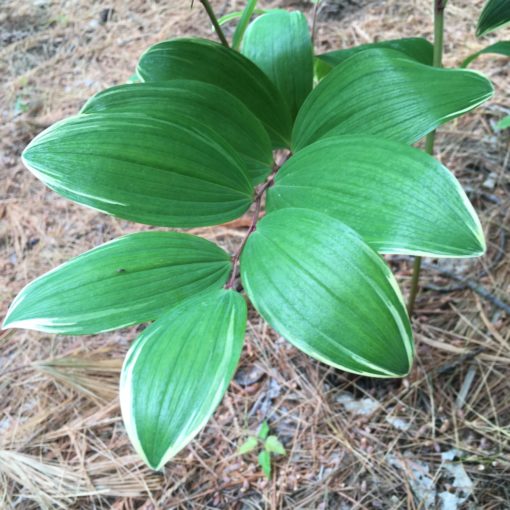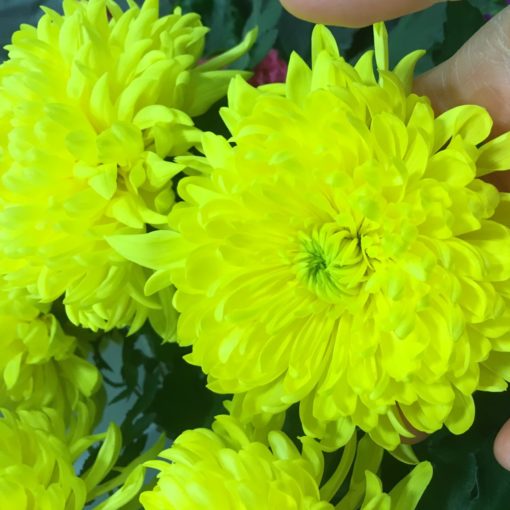When you spend time in your garden, even just looking at it from the window, it should bring you a sense of wonder, of peace, of tranquility and enjoyment. If that isn't happening for you then change is most certainly needed.
It can feel overwhelming to consider changing every aspect of your garden, so let's look at some reasons why your garden may be out of tune, and ways to get it back to singing form again.
What are some signs that you may want or need a redesign in your garden?

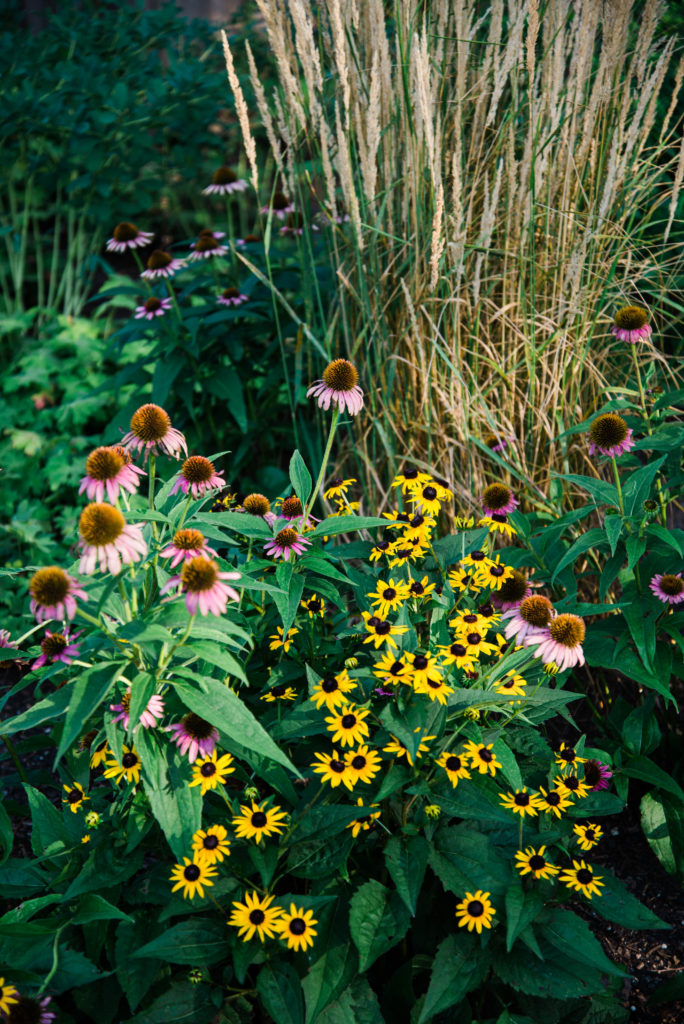
Plant Health or Vigor
Plants are overgrown, crowded, or overtaking areas they shouldn't be. Some perennials need splitting every few years to maintain a healthy size, shape, and overall health. Others naturally like to creep and cover as much area as possible and may need to be reined in. Still others may be not the ideal selection for your garden space, naturally needing more space than what you have available, or just not being good neighbors. Additionally, plants have a lifespan just like all living things. At a certain point, a plant may be at the end of its lifespan and need to be replaced.
Maintenance Needs
You cannot easily maintain your garden yourself, or you want it to be less work to maintain. Maybe your life circumstances have changed and you no longer have the time or energy to devote to gardening every weekend in the summer. Perhaps as you age in place you want to continue to enjoy your landscape without the risk of falling or injury.
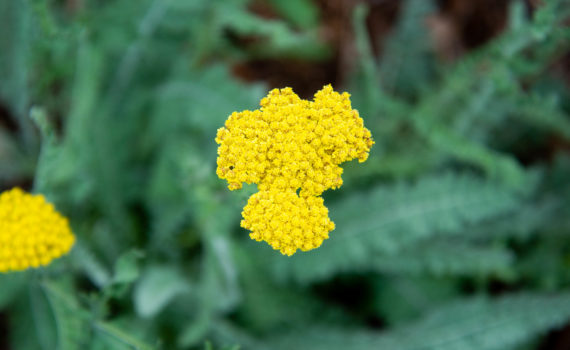
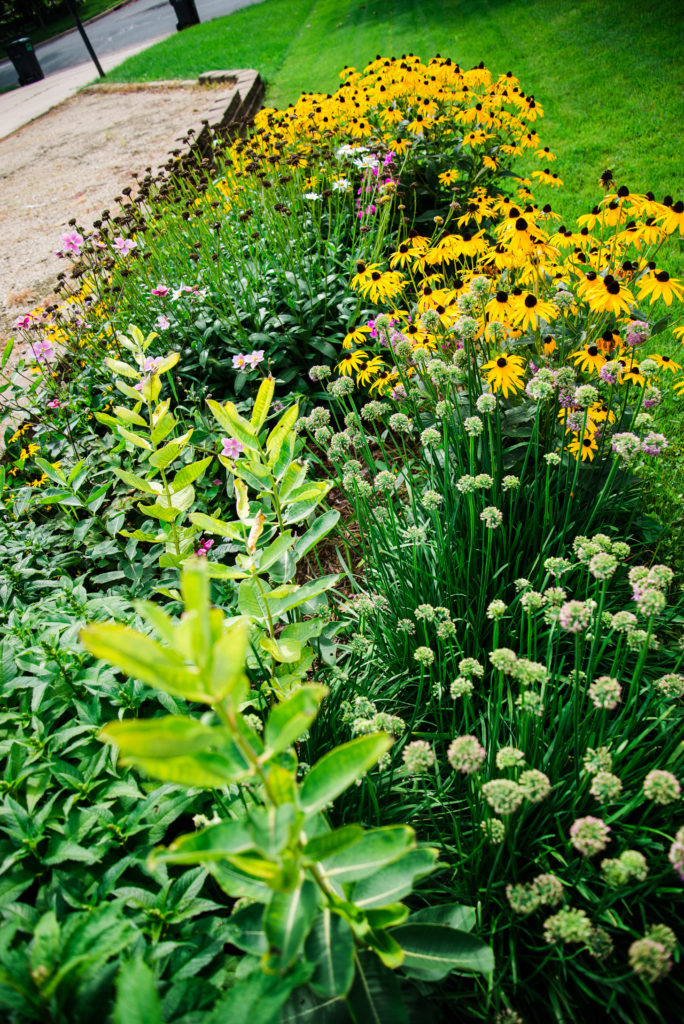
Site Conditions
Site conditions have changed and your existing plants are no longer thriving. This is especially common after the planting or removal of boulevard trees in your neighborhood. What was once full sun can over the course of a few years become part to full shade, creating less than ideal conditions for your vegetable garden or prized roses
Environmental Considerations
The realities of climate change impact every aspect of our lives, including our yards. One way to help mitigate the effects of climate change is to utilize your yard as a mini-wildlife refuge! Consider replacing existing garden space with native pollinator plants that provide essential food for the basis of the food chain. Certain shrubs and trees are also essential habitat for both migratory and year-round birds in our area.
